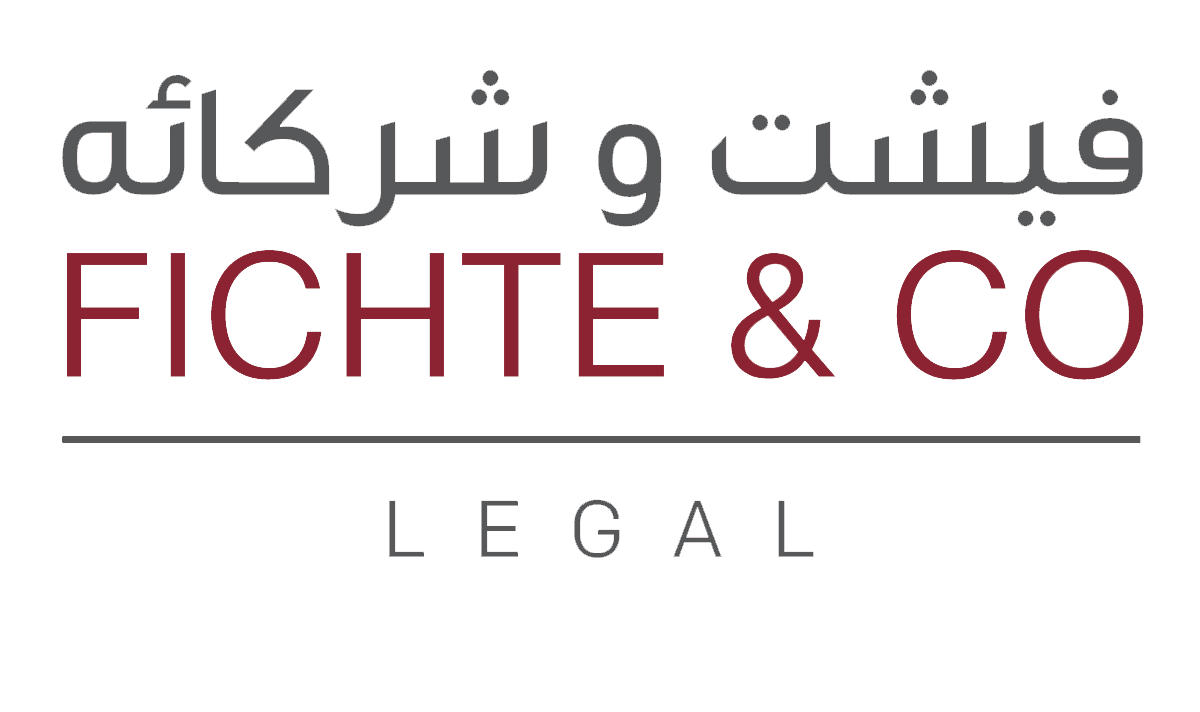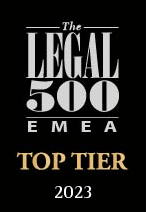Although the Companies Law (Federal Law 2/2015 concerning commercial companies), which came into effect in July 2015, did not bring about ground-breaking changes to the legal regime surrounding limited liability companies (LLC) in the United Arab Emirates, there are still certain important changes and updates that LLC’s need to be aware of lest they inadvertently find themselves on the wrong side of the law.
Article 104 of the Companies Law has caused considerable ambiguity and uncertainty owing to its over-breadth, as it states that all provisions relating to joint stock companies (JSC) will apply to LLC’s. Ministerial Resolution 272/2016, issued by the Ministry of Economy on April 28 2016, has sought to clarify some of the grey areas and is further discussed in this update.
In addition, in June 2016, the ministry extended the compliance deadline for UAE mainland companies (which includes LLC’s) to amend their memorandum of associations in accordance with the Companies Law by June 30 2017.
This update seeks to consolidate and summarise the key changes under the resolution, as well as the compliance checkpoints that LLCs must be aware of under the Companies Law.
Key updates and compliance points
Management of the company
The resolution has reiterated that the management of LLC’s must be carried out by:
- a manager; or
- in the case of multiple managers, a board of managers.
The manager or board must be appointed under the memorandum of association or by a decision of the general assembly of partners. The terms ‘manager’ and ‘director’ are used interchangeably in the translation of the Companies Law.
In the event that an LLC has a board, the general assembly must appoint a chair and vice-chair for the board. In addition, the memorandum of association should chart out the frequency and manner of holding its meetings. Board decisions must be taken by a simple majority, with the chair having a casting vote in the event of a tie, unless the partners agree otherwise in the memorandum of association.
The resolution further stipulates that board meetings must be held 30 days before the meeting of the general assembly and must, among other things, fix:
- the date of the general assembly meeting;
- its agenda;
- the persons who have a right to attend the meeting; and
- the quorum.
Managers’ liability
Some of the JSC provisions concerning directors’ liability, including Articles 162 and 163, now expressly apply to LLCs. As such, while managers are liable for gross errors under Article 84, which applies to LLCs, Article 162 accords liability on directors for mismanagement. While it is unclear whether this will make a material difference in practice, the latter prescribes a lower threshold to hold a manager accountable.
In relation to Article 163, a company will be bound by a manager’s acts against a genuine third party, even if the manager’s appointment did not follow the appropriate statutory procedure.
General assembly
A general assembly can now be convened by the board at the request of:
- the competent authority (ie, the relevant emirate’s economic development department);
- the auditor; or
- a partner owning at least 20% of the share capital. In addition, partners owning 10% of the LLC’s shares can call for an emergency meeting of the general assembly by submitting an application to the economic development department.
Another update in the area of corporate governance is that partners holding more than 5% of the shares of an LLC may request the economic development department to suspend the execution of a partners’ resolution in the event that it:
- is detrimental to the shareholders’ interests;
- favours a certain class of shareholders;
- accords special benefits to the managers; or
- other serious grounds.
Special resolutions
The resolution lists the various decisions of the general assembly that require a special resolution (ie, decisions by partners holding at least 75% of the share capital of the LLC), including:
- an increase or decrease of the company’s share capital;
- issue of new shares in the company;
- charity contributions;
- merger or dissolution of the company;
- sale of business;
- sale of 51% or more of its assets by one or more transaction during a one-year period;
- extension of the company’s terms; and
- any amendment to the memorandum of associations.
Auditors’ terms
The resolution seeks to apply various aspects concerning auditors that are covered in the JSC provisions to LLCs. One of the aspects that remains unclear is whether the three-year successive limit to an auditor’s term applies to LLCs; the resolution does not clearly mention this requirement, although it refers to Article 243 as applying to LLC’s. In the absence of further guidance from the ministry, it is prudent to err on the side of caution.
Audited financial statements
LLCs must apply international accounting standards and principles while preparing their annual financial statements and when determining their distributable profits. In addition, the resolution has clarified that Article 236(2) of the Companies Law applies to LLC’s – this requires the LLC to file their audited financial statements with the local economic development department within seven days of the annual general assembly approving those statements.
Amendment of memorandum of association
As aforementioned, LLC’s have been given until June 30 2017 to amend their memorandum of associations in accordance with the new provisions under the Companies Law. Given that amendments to memorandum of associations require the signatures of the shareholders and the local sponsors, whose availability is generally limited, LLC’s are advised to commence this process quickly to avoid a last minute rush. This also gives LLC’s much-needed time to consider the provisions of their memorandum of association and ensure that they incorporate best practices in corporate governance. The penalty for non-compliance is dissolution of the company and a fine of Dh2,000 for each day of default.
JSC provisions inapplicable to LLCs
Board composition
The resolution has clarified that various JSC provisions pertaining to the board do not apply to an LLC, including:
- maximum and minimum numbers for members;
- the nationality of the chair and members; and
- the director’s annual remuneration.
This clarification retains the flexibility of the LLC which makes them a popular business vehicle.
Director powers
Under Article 152 – which does not apply to LLC’s – unless authorised under the memorandum of associations or within the object of the company, the board is prohibited from:
- entering into loans for a period in excess of three years;
- selling or pledging the property of the company or store;
- discharging the debtors of the company from their obligations; or
- making a compromise or agree on arbitration.
In any event, it is recommended that LLC’s expressly confer such powers to the manager or board in the memorandum of associations, as local government authorities typically insist on reviewing a power of attorney or the memorandum of associations to ensure that the manager is indeed authorised to have such powers.
Prohibition on financial aid
The resolution clarified that Article 222 of the Companies Law does not apply to LLC’s. This is a welcome update, as Article 222 prohibits a company from financing the acquisition of its own shares by way of loans, gifts or donations, or by providing any collateral or guarantee. Had this article applied, it might have created hurdles in transactions concerning LLC’s.
Related party transactions
In another welcome update, it is now clear that the prohibition to transact with related parties for a deal value in excess of the lower of 5% of the share capital of the company or Dh10 million does not require the approval of the general assembly and valuation by the economic development department.
Further ambiguities
While the resolution does not pinpoint the applicability of each JSC provision to LLC’s, it includes a catch-all clause stating that JSC provisions which contradict the nature of LLC’s will not apply to LLC’s. This is bound to create uncertainties in practice – in particular, with regard to the applicability of Article 153 to LLC’s, which prohibits loans to directors, relatives (up to second degree) or a company in which a director or relative holds more than 20% of the shareholding. In addition, LLC’s are keen to obtain certainty regarding any limitation surrounding the term of auditors.
Click here to download the article.
For further information on this topic please contact us by telephone (+971 4 43 57 577) or via email info@fichtelegal.com.
This article was originally edited by, and first published on, www.internationallawoffice.com.
Author: Priyasha Corrie
[/vc_column_text][/vc_column][/vc_row]




